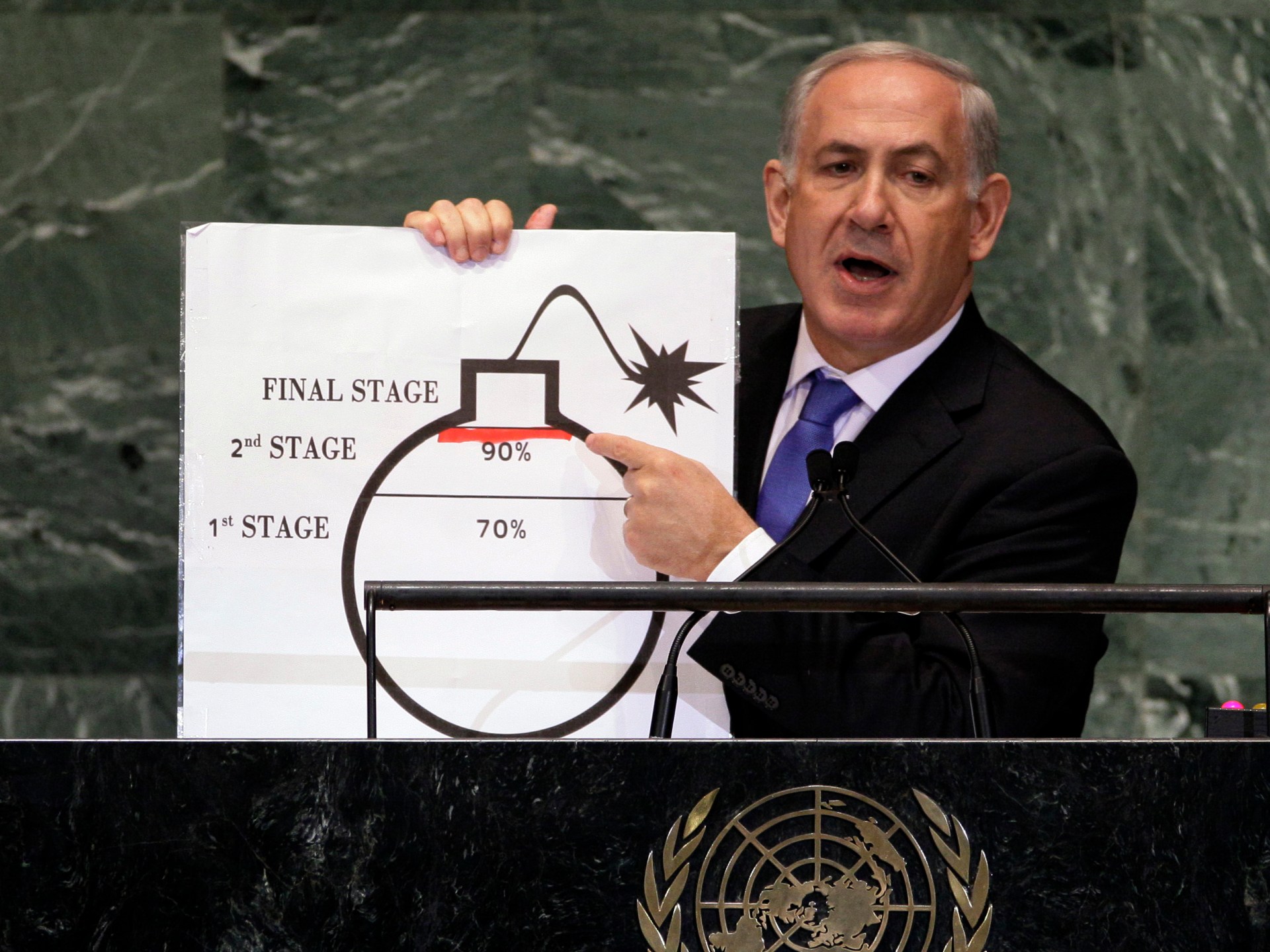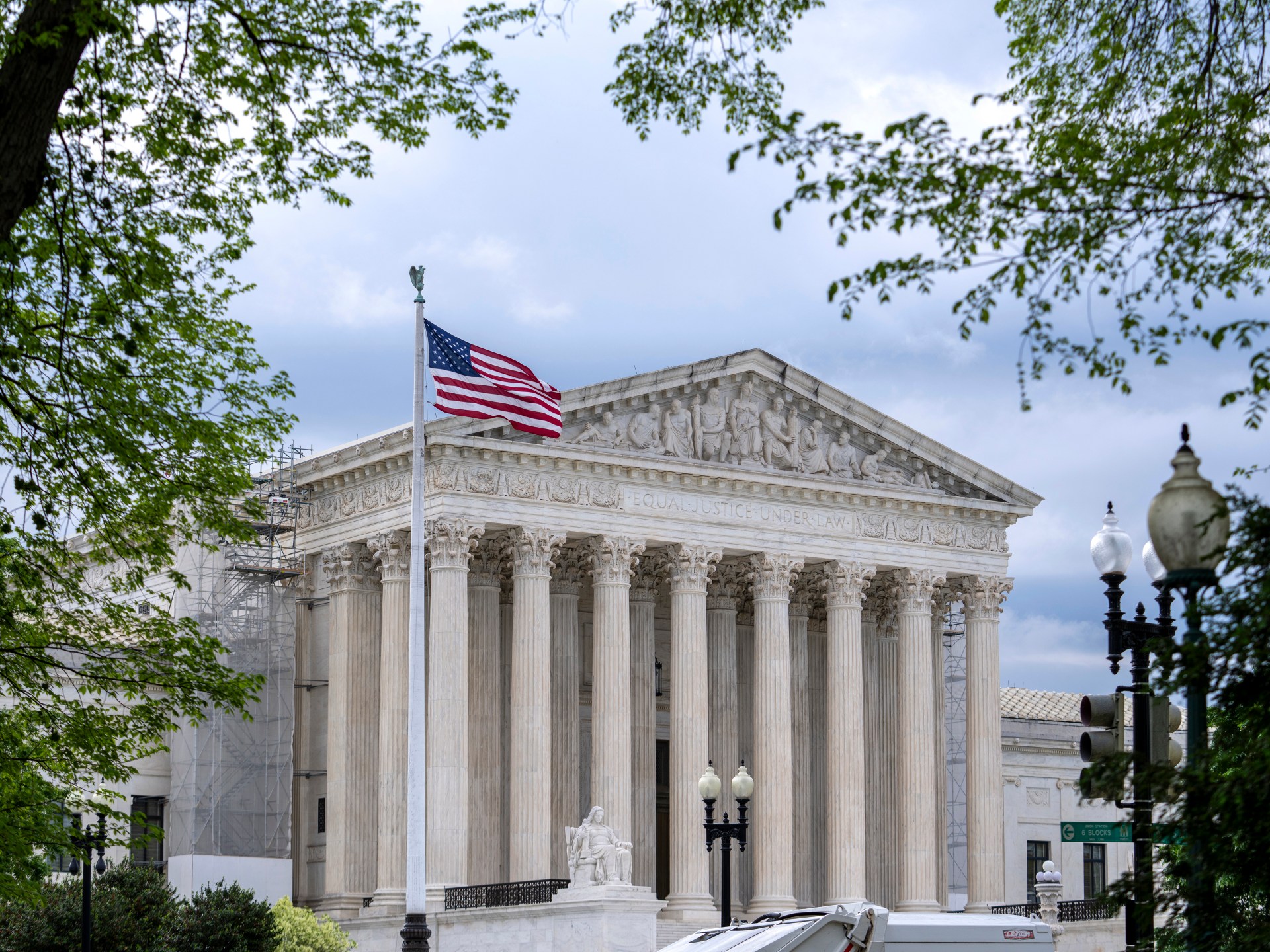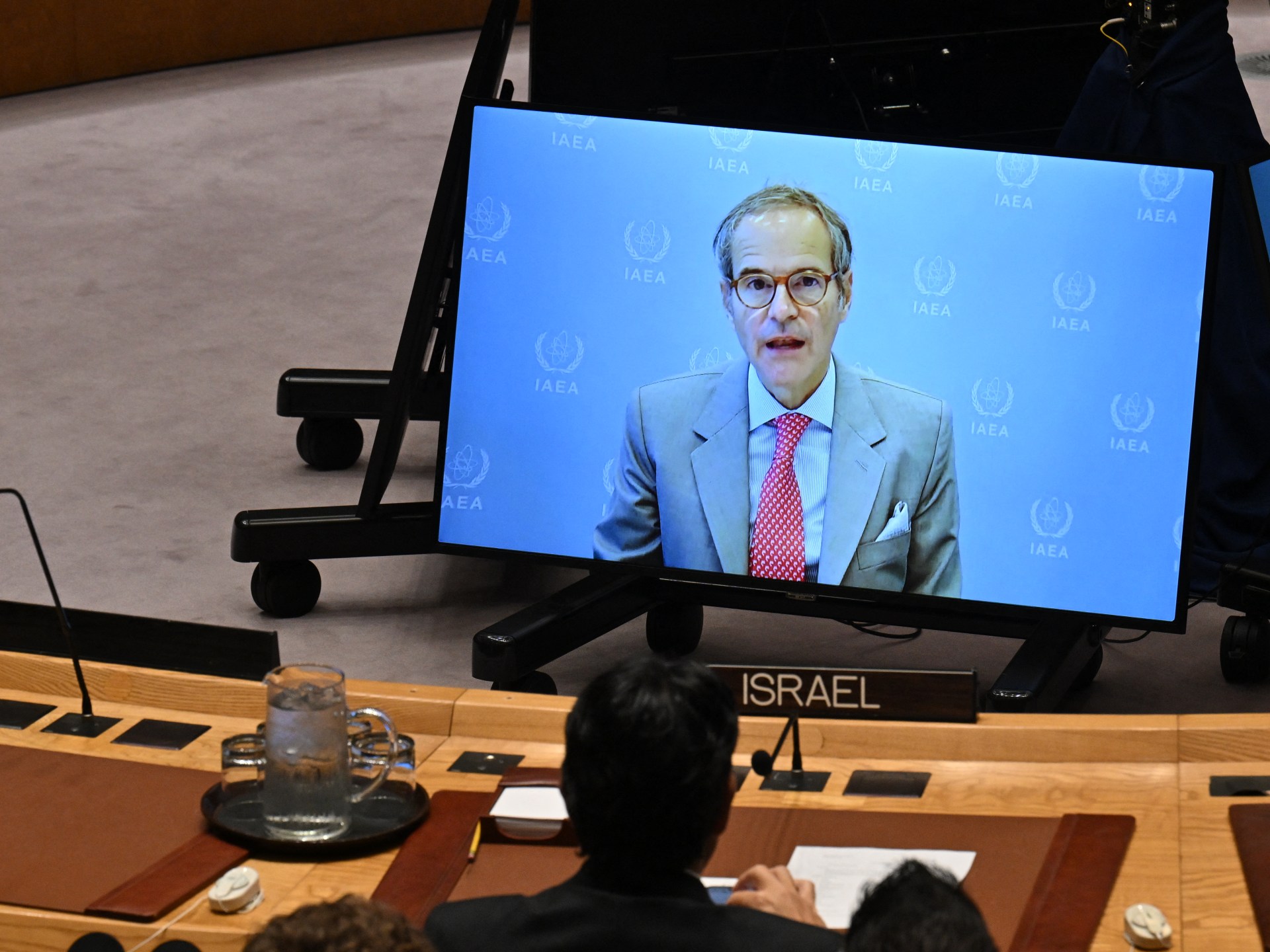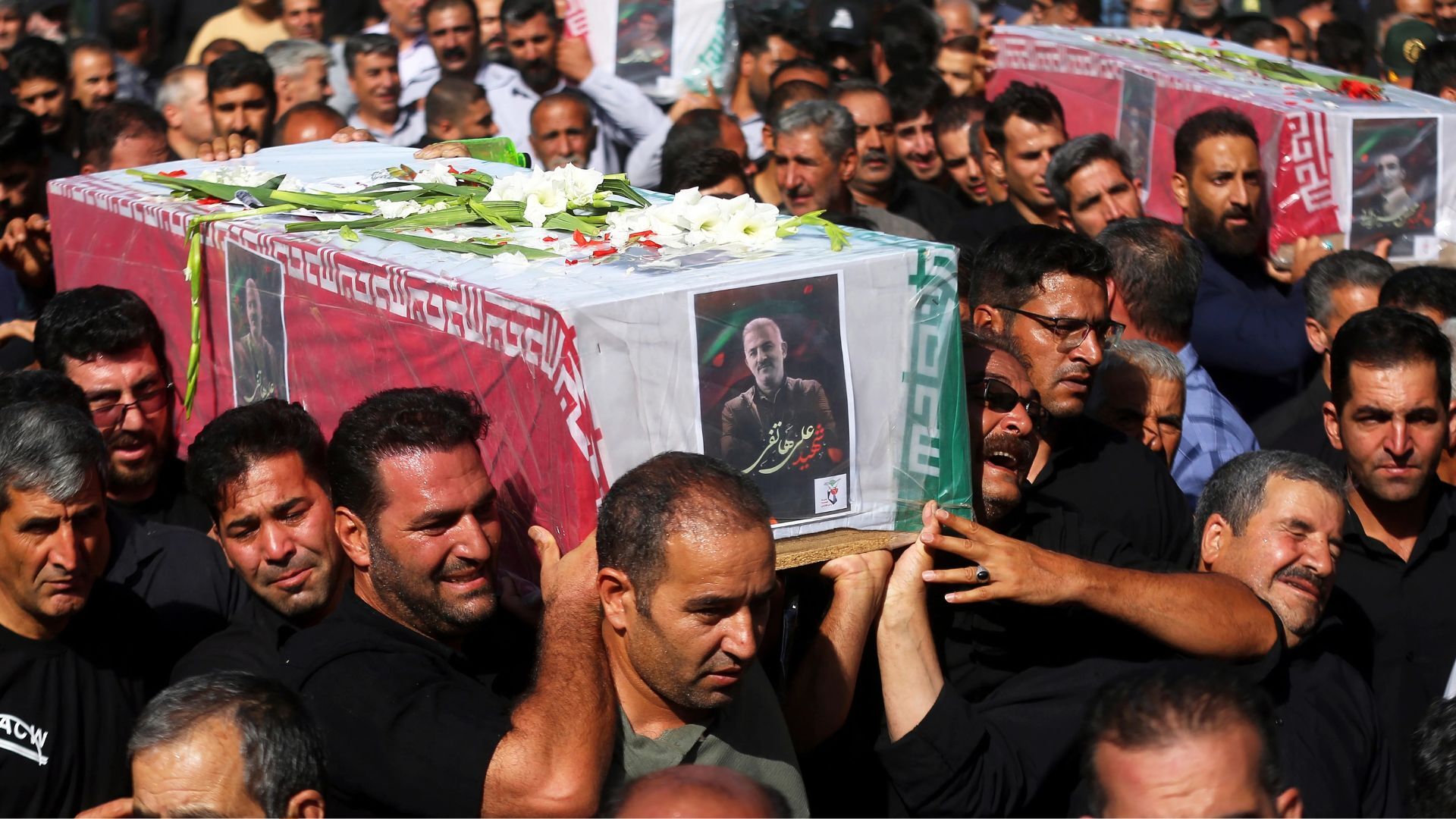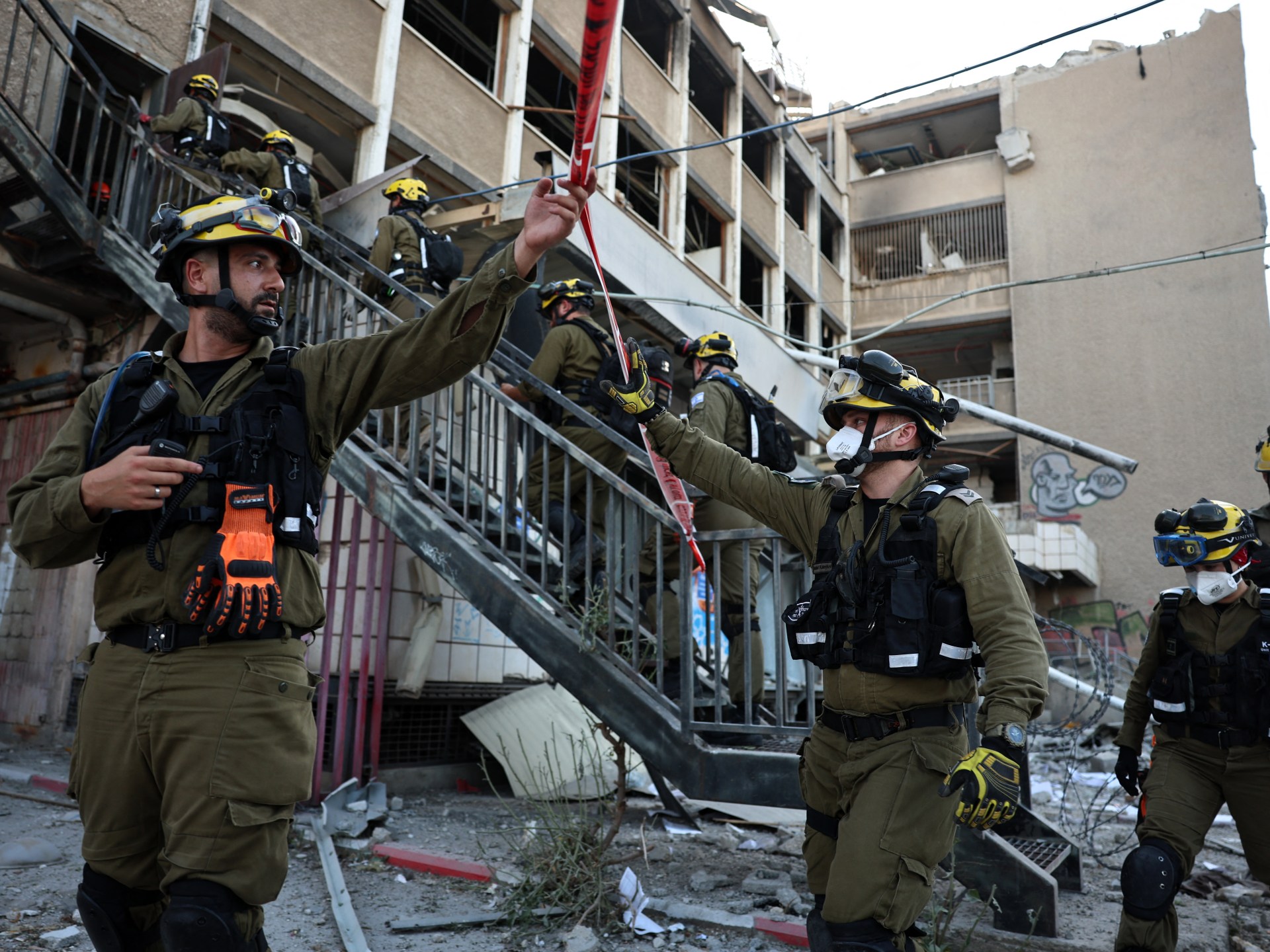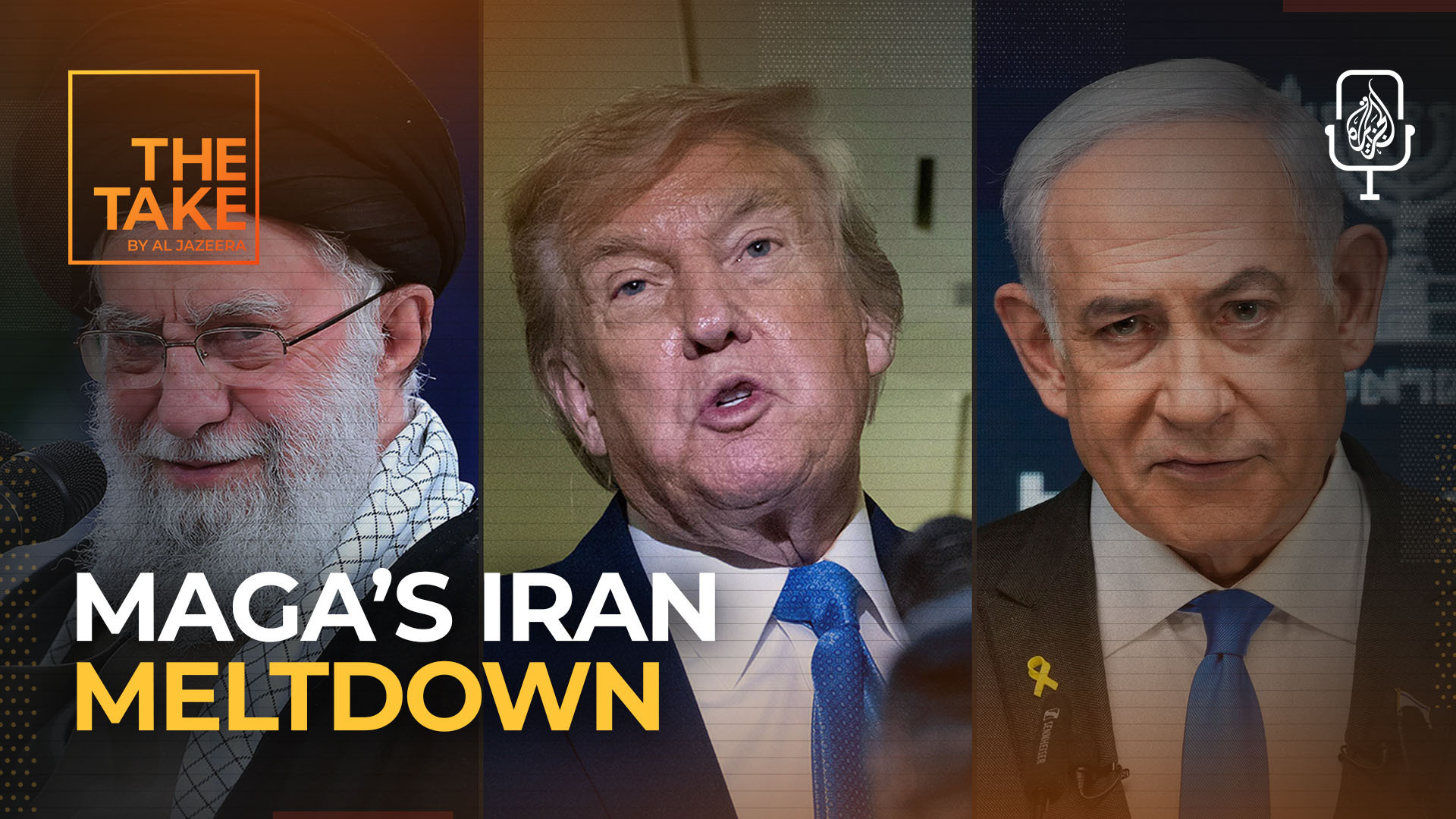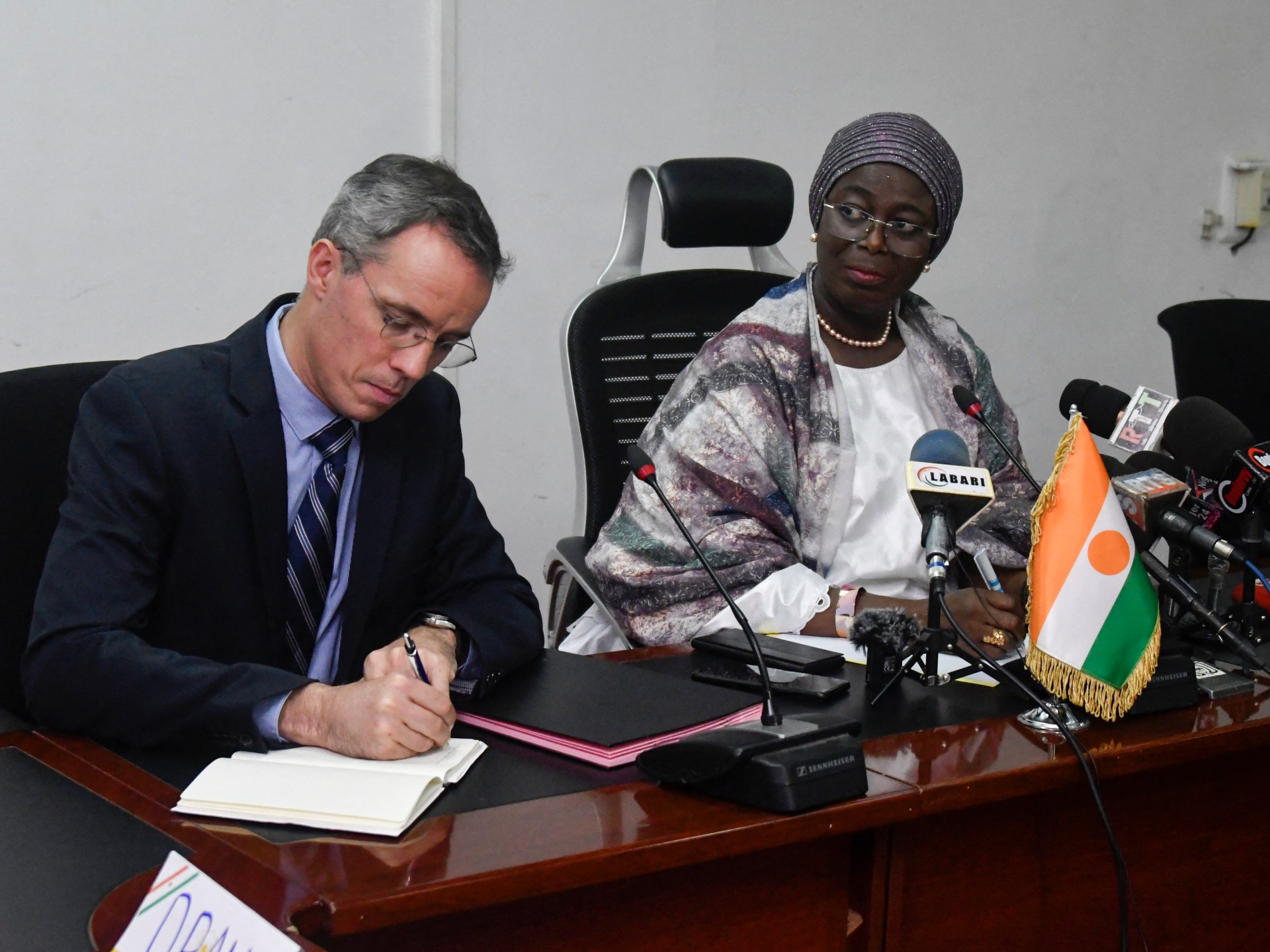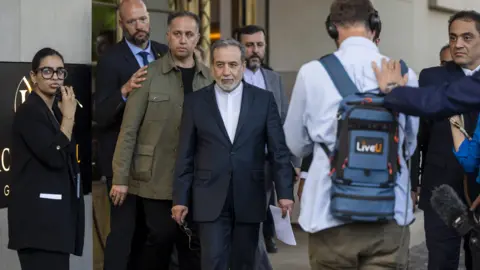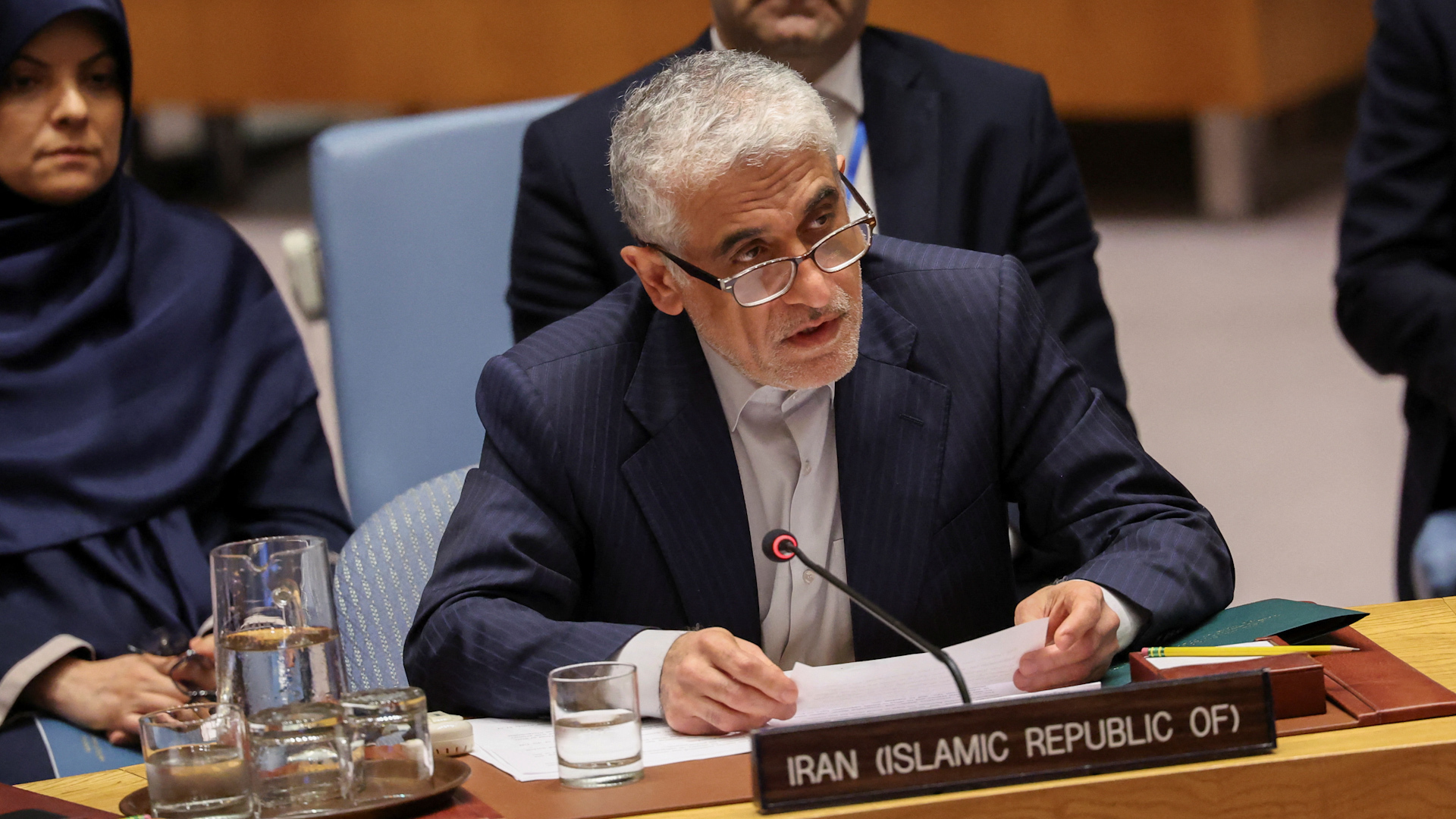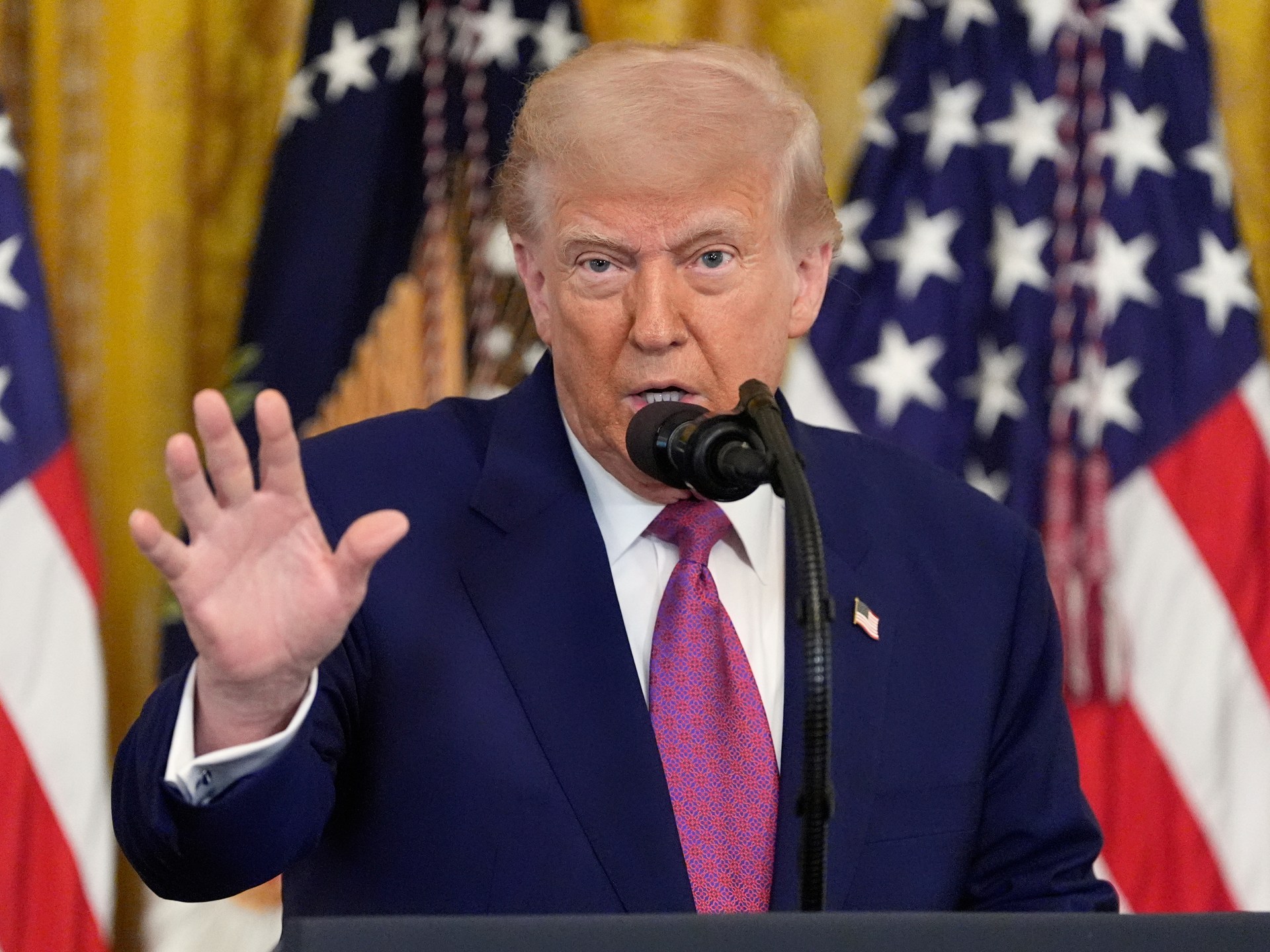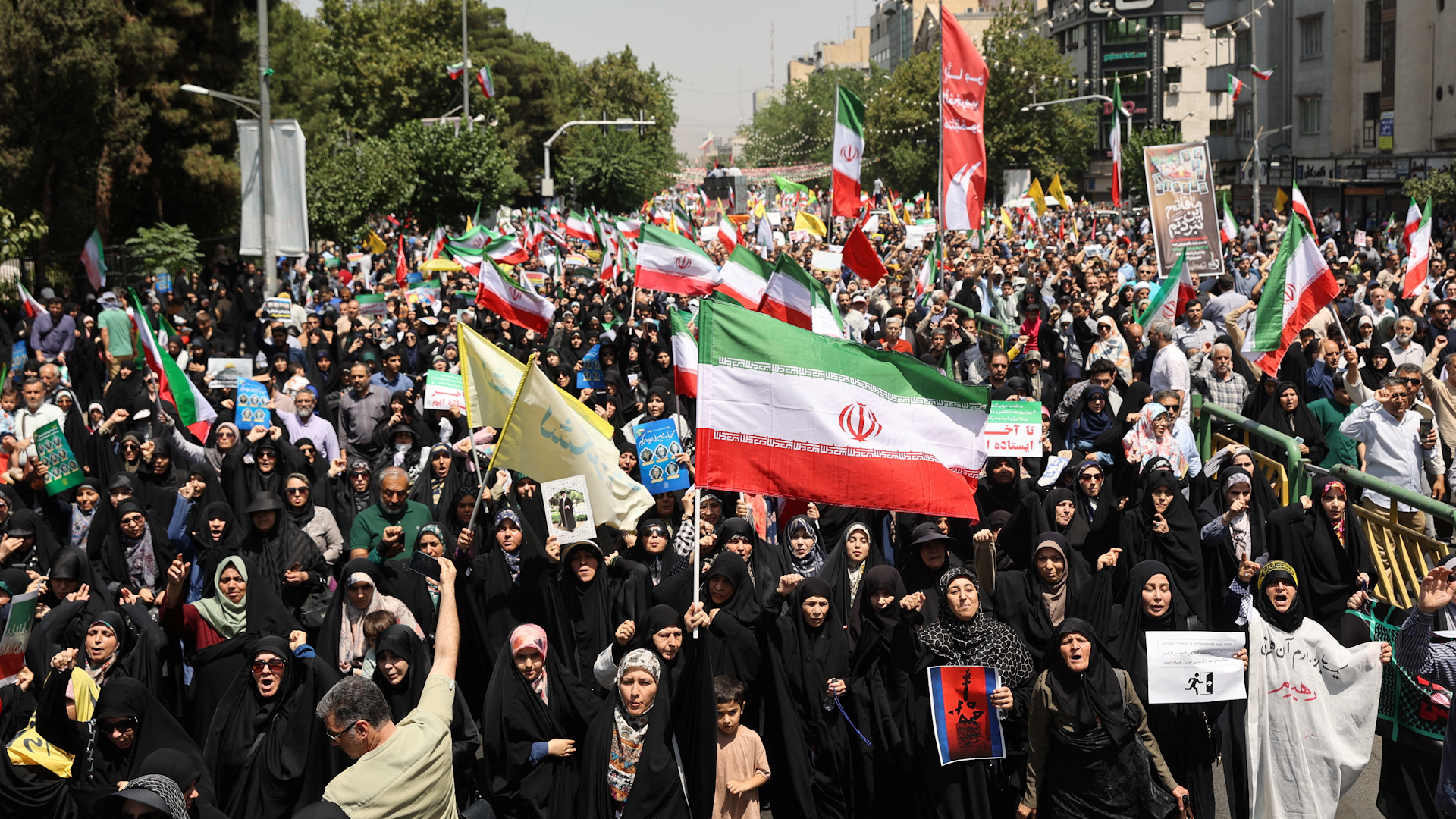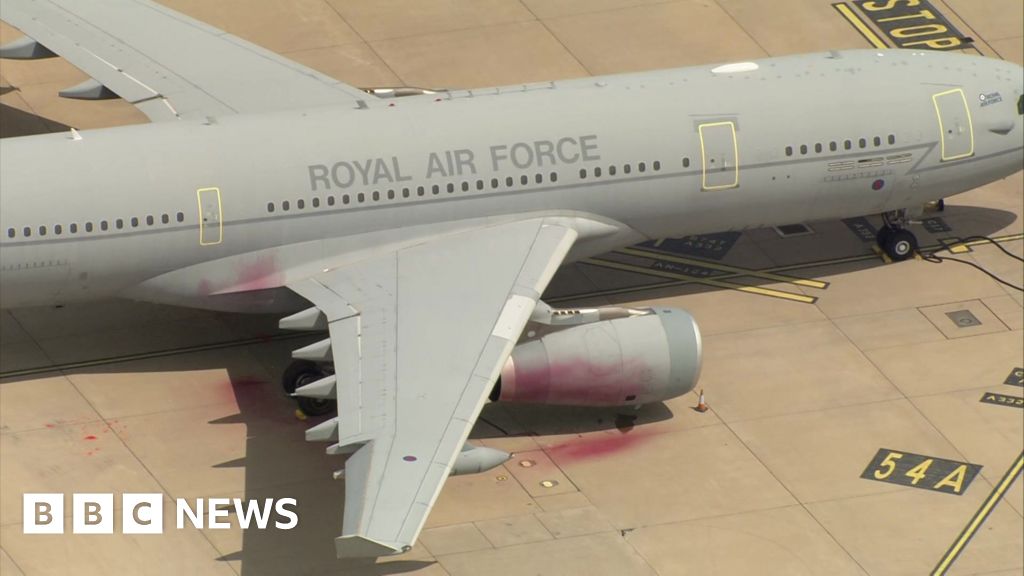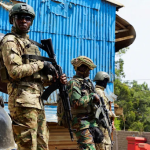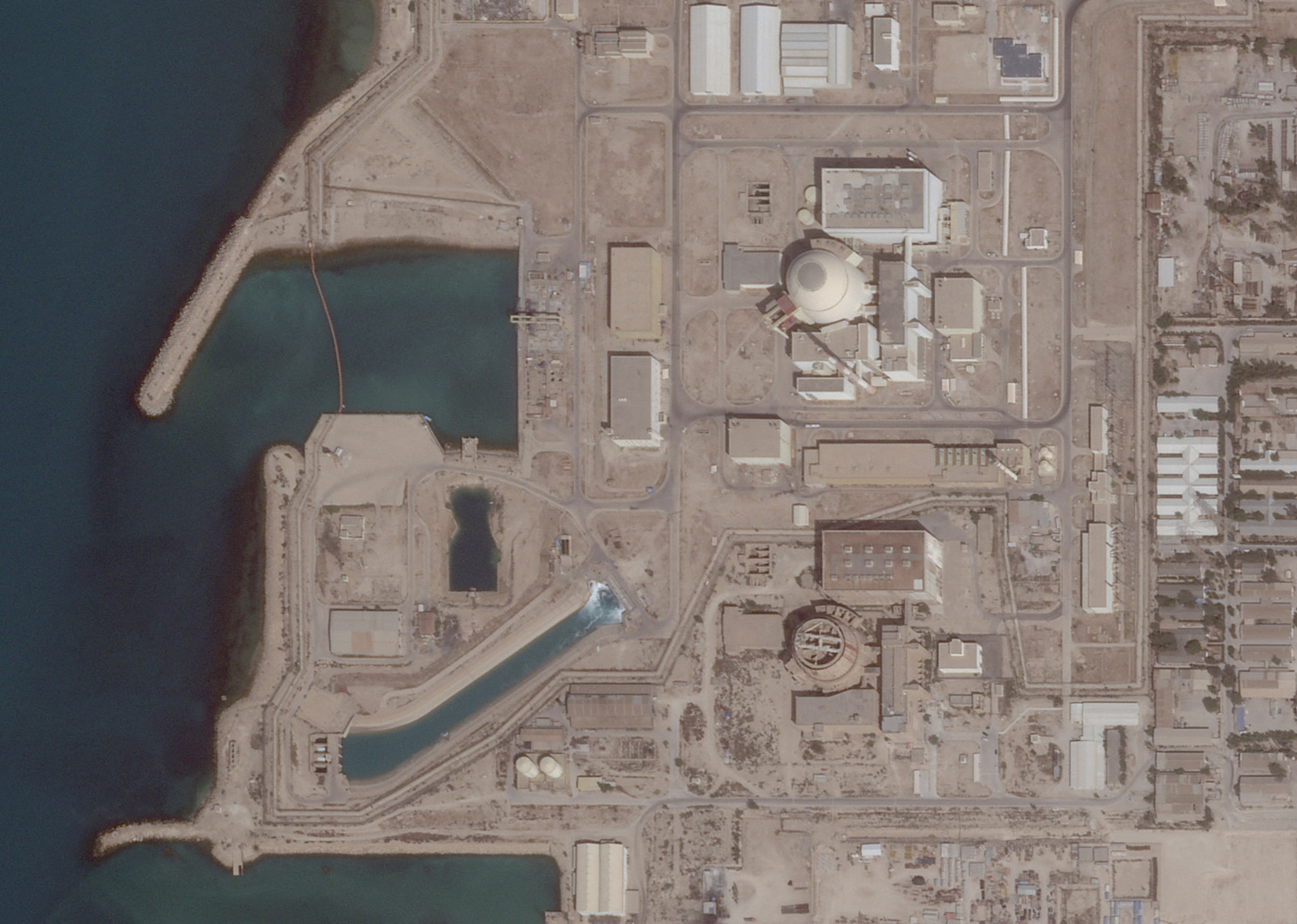Tulsi Gabbard now says Iran could produce nuclear weapon ‘within weeks’
BBC News
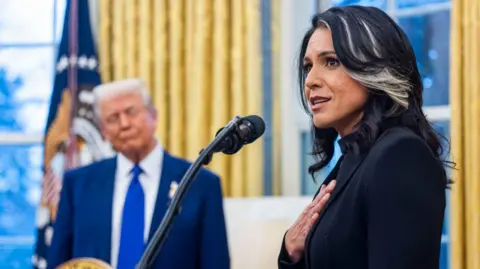 Jim Lo Scalzo/EPA/Bloomberg via Getty Images
Jim Lo Scalzo/EPA/Bloomberg via Getty ImagesTulsi Gabbard says Iran could produce nuclear weapons “within weeks”, months after she testified before Congress that the country was not building them.
The US Director of National Intelligence said her March testimony – in which she said Iran had a stock of materials but was not building these weapons – had been taken out of context by “dishonest media”.
Her change of position came after Donald Trump said she was “wrong” and that intelligence showed Iran had a “tremendous amount of material” and could have a nuclear weapon “within months”.
Iran has always said that its nuclear programme is entirely peaceful and that it has never sought to develop a nuclear weapon.
On Thursday Trump said he was giving Tehran the “maximum” of two weeks to reach a deal on its nuclear activities with Washington. He said he would soon decide whether the US should join Israel’s strikes on Iran.
Disagreement has been building within Trump’s “America First” movement over whether the US should enter the conflict.
On Saturday morning, Iran’s Foreign Minister Abbas Araghchi said his country was “absolutely ready for a negotiated solution” on their nuclear programme but that Iran “cannot go through negotiations with the US when our people are under bombardment”.
In her post on social media, Gabbard said US intelligence showed Iran is “at the point that it can produce a nuclear weapon within weeks to months”.
“President Trump has been clear that can’t happen, and I agree,” she added.
Gabbard shared a video of her full testimony before Congress in March, where she said US intelligence agencies had concluded Iran was not building nuclear weapons.
Experts also determined Iran had not resumed its suspended 2003 nuclear weapons programme, she added in the clip, even as the nation’s stockpile of enriched uranium – a component of such weapons – was at an all-time high.
In her testimony, she said Iran’s stock was “unprecedented for a state without nuclear weapons”.
Earlier this month, the International Atomic Energy Agency (IAEA) – the global nuclear watchdog – expressed concern about Iran’s stockpile of enriched uranium, which can be used to make reactor fuel but also nuclear weapons.
Gabbard’s March testimony has been previously criticised by Trump, who earlier told reporters he did not “care what she said”.
The US president said he believes Iran were “very close to having a weapon” and his country would not allow that to happen.
In 2015, Iran agreed a long-term deal on its nuclear programme with a group of world powers after years of tension over the country’s alleged efforts to develop a nuclear weapon.
Iran had been engaging in talks with the US this year over its nuclear programme and was scheduled to hold a further round when Israel launched strikes on Iran on 13 June, which Israeli Prime Minister Benjamin Netanyahu said targeted “the heart” of Iran’s nuclear programme.
“If not stopped, Iran could produce a nuclear weapon in a very short time,” Netanyahu claimed.
Israeli air strikes have destroyed Iranian military facilities and weapons, and killed senior military commanders and nuclear scientists.
Iran’s health ministry said on Saturday that at least 430 people had been killed, while a human rights group, the Human Rights Activists News Agency, put the unofficial death toll at 657 on Friday.
Iran has retaliated with missile and drone strikes against Israel, killing 25 people including one who suffered a heart attack.


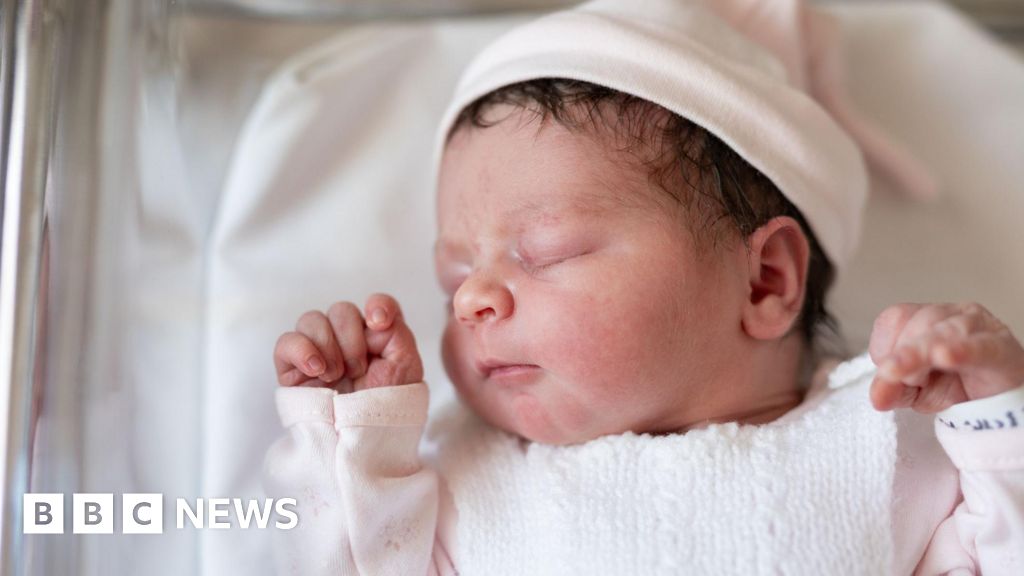
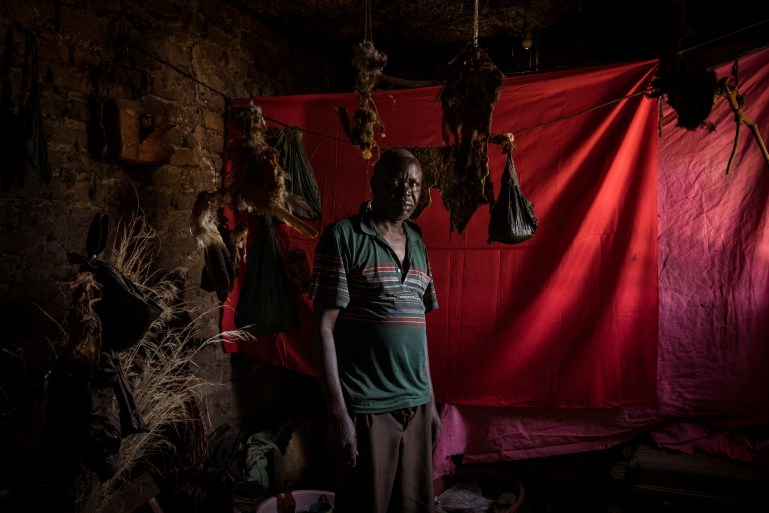

![Omalera, Soroti District, Uganda. Local Witch doctor Robert Apedu treats Noah Oyara,17. Noah has no use of his legs and also lives with hydrocephalus. Robert treated these conditions by rubbing a paste of water and plant matter into Noahs skin. While he is well known in the area as a witch doctor, he understands the negative connotation surrounding his profession so like many others he refers to himself as a 'traditional healer or herbalist'. [Christopher Hopkins/Al Jazeera]](https://www.aljazeera.com/wp-content/uploads/2025/05/HOP7760-1748336579.jpg?w=770)
